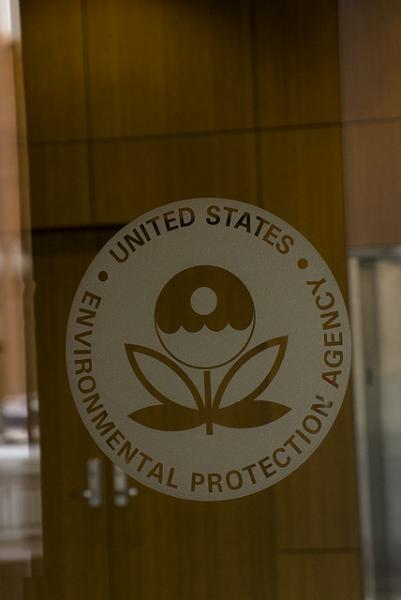
From concerns about cost, economic impact and lost jobs to being simply fettered by the simple illogicality of trying to make such a huge change with so many far-reaching detriments and so few visible or even guaranteed detriments, the Environmental Protection Agency’s Clean Power Plan has run into no shortage of problems since its introduction last year. The plan proposes a 30% nationwide reduction in CO2 by way of building renewable energy, making coal power plants more efficient, switching from coal to natural gas, and reducing end-user electricity consumption. The idea might sound nice, but more and more states are waking up to the very unpleasant reality of the enormous costs, lost jobs and sky-high energy prices that would result from implementing the CPP.
As the deadline for submitting their plans for the EPA’s approval draws closer (if a state doesn’t submit a plan, the EPA will of course force one on them) more states realize what the Clean Power Plan will mean for them. This realization has led many states to draft their own legislation to protect their citizens from the EPA’s consequences. Both Nevada and Oklahoma have introduced bills (set to be marked up tomorrow) which aim to do exactly that.
Nevada has introduced S.B 438, which would put some extensive ground rules in place for the creation and implementation of a State Implemented Plan (SIP). One requirement would be an extensive and widely, meticulously distributed report on the proposed SIP’s effects on energy prices, employment, economic development, economic competition in relation to other states, any potential disproportionate effects on low-to-middle income consumers, and any new legislation that would need to be written and enacted in order to put the SIP into effect.
At the same time, Oklahoma is introducing S.B 676, a bill which recognizes the results of multiple studies that show the CPP to be a threat to Oklahoma’s grid reliability. S.B 676 aims to lessen the extent of the EPA’s power grab by requiring a report on the costs of any implementation plan, similar to Nevada’s bill, and more importantly giving the Oklahoma legislature and Attorney General the authority to approve or disapprove of a plan.
While the EPA’s authority to impose the CPP on the states is fortunately being hotly debated in Washington, states must do everything possible to try to protect themselves. Hopefully, more states will take after Nevada and Oklahoma and introduce their own bills to make it more difficult for the EPA to unilaterally impose its draconian Clean Power Plan on their citizens.

